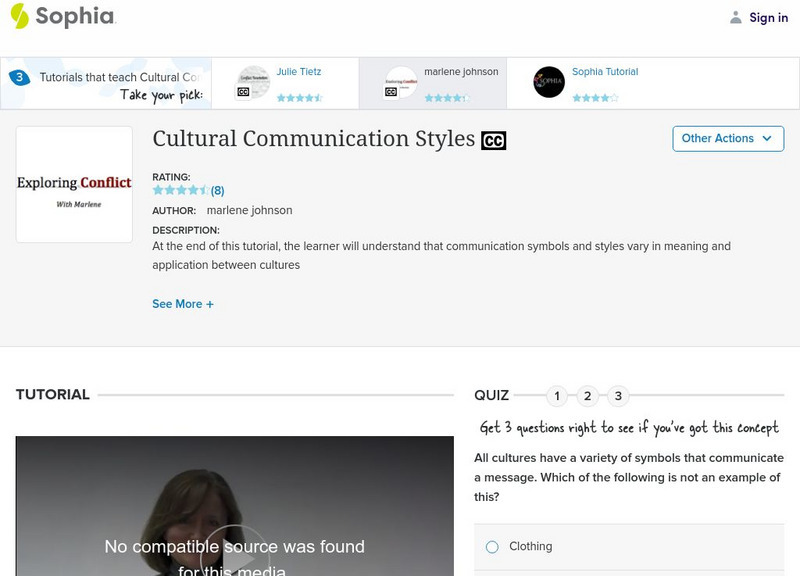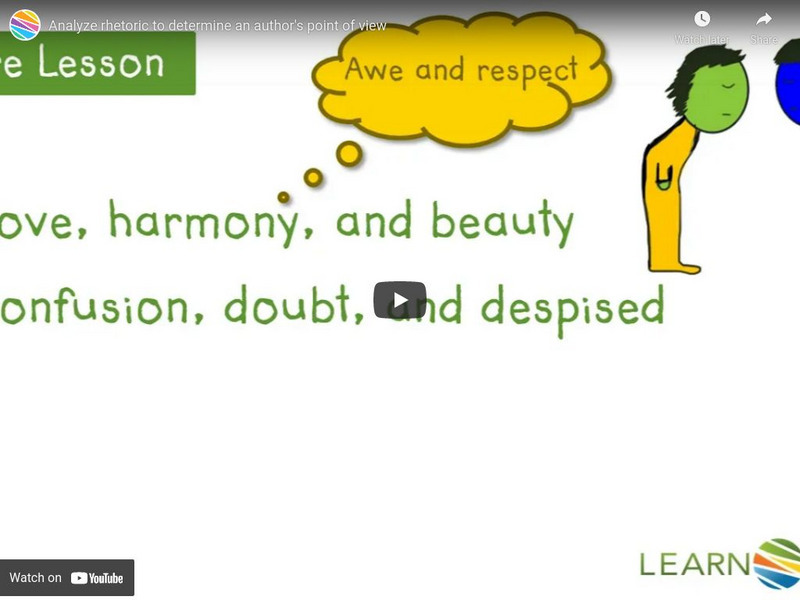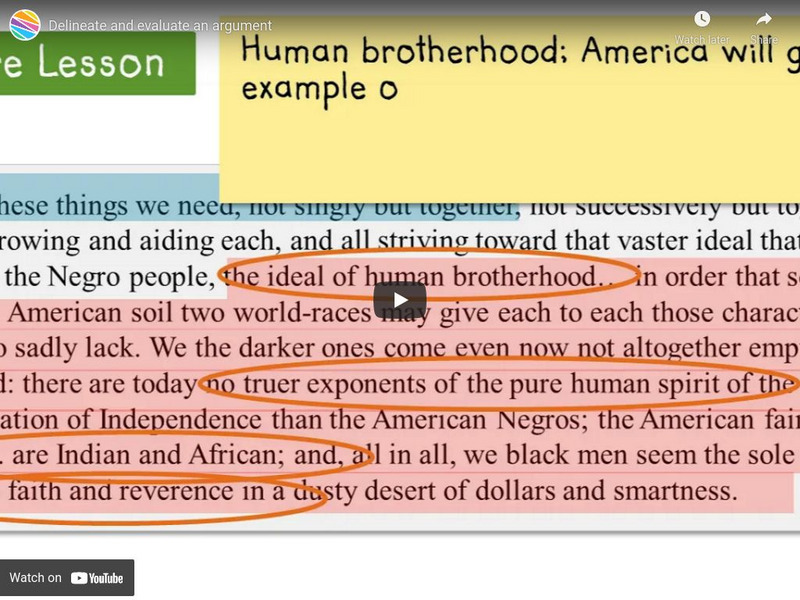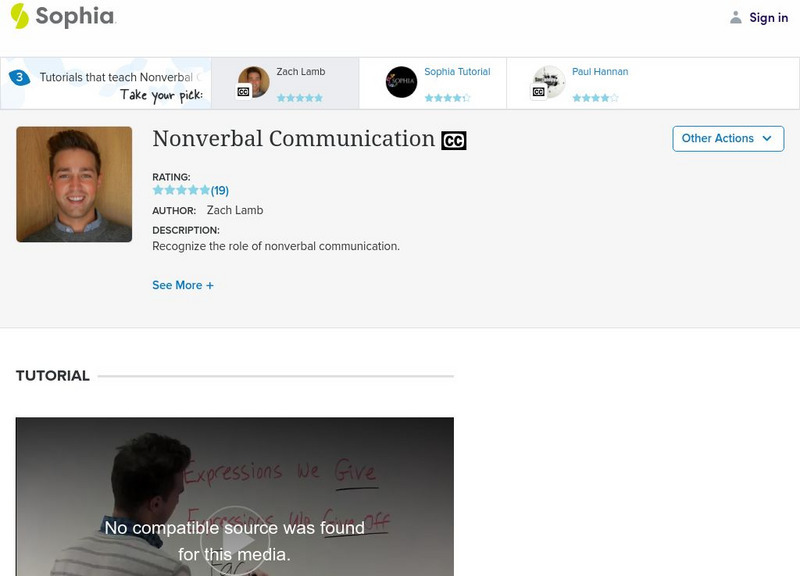Hi, what do you want to do?
TED-Ed
Sending a Sundial to Mars
You know him from his famous science education videos, but now hear him get personal as he tells the story of how his father, while being a prisoner of war, became fascinated with sundials. Today, he has inherited the fascination, and in...
TED-Ed
A Light Switch for Neurons
Hear Ed Boyden, an MIT neuroscientist, divulge how the brain processes light and how he has succeeded in curing blindness in mice. There is a brighter future for many humans suffering blindness as prosthetic eyes are developed! Inspire...
TED-Ed
Biofuels and Bioprospecting for Beginners
The use of fossil fuels is contributing to the amount of carbon dioxide in the atmosphere. If we can produce fuels using cellulose-based ethanol, we may be able to remove carbon dioxide in the atmosphere. Scientists are searching for a...
TED-Ed
Calculating the Odds of Intelligent Alien Life
What are the odds of finding intelligent life somewhere else in the universe? The Drake equation can help us estimate the answer. Advanced astronomers find that perhaps the biggest determining factor is longevity of civilizations. There...
Sophia Learning
Sophia: Judgements
This video lesson focuses on judgements by first defining it as arriving at an opinion or evaluation about something. Then it looks at the difference between evaluation and judgement, and the place of judgement in writing. Real Player is...
Sophia Learning
Sophia: Writing Effective Topic Sentences
This tutorial focuses on the purposes of topic sentences and how to write effective ones. It provides 2 videos: the first reviews the two purposes of a topic sentence, and the second shows how to write an effective topic sentence. Real...
Sophia Learning
Sophia: Argumentative Papers: Topics and Thesis
This lesson focuses on selecting a topic and writing a thesis for an argumentative paper. It explains the purpose of argumentative writing, lists the aspects of a strong topic, suggests ways to find a topic, discusses the purpose and...
Sophia Learning
Sophia: Writing Effective Body Paragraphs
This screencast focuses on how to write effect body paragraphs including the following: purpose, general outline, background information, topic sentence, multiple pieces of supporting evidence, analysis of the evidence, and conclusion...
Sophia Learning
Sophia: Cultural Communication Styles: Lesson 1
At the end of this tutorial, the learner will understand that communication symbols and styles vary in meaning and application between cultures. It is 1 of 3 in the series titled "Cultural Communication Styles."
Crash Course
Crash Course Literature #1: How and Why We Read
This seven minute video series of Crash Course Literature uses lively verbal explanations accompanied by entertaining visuals with a host who provides compelling examples of how and why people read.
Sophia Learning
Sophia: Analyze the Impact of the Point of View
Notes describing a three-step process to analyze the impact of the point of view on a literary text. Notes can be both read and listened to.
Imagine Learning Classroom
Learn Zillion: Video: Analyze Rhetoric to Determine an Author's Point of View
In this lesson, you will learn to determine an author's point of view by examining the author's use of rhetoric. [5:31]
Imagine Learning Classroom
Learn Zillion: Lesson Slides for 'Delineate and Evaluate an Argument'
In this lesson, you will learn to delineate and evaluate an argument by considering the validity of an author's claims. [7:25]
Imagine Learning Classroom
Learn Zillion: Provide an Effective Conclusion
In this lesson, you will learn how to provide an effective conclusion by analyzing your thesis and body paragraphs. [8:19]
Imagine Learning Classroom
Learn Zillion: Analyze How a Poet's Word Choices Contribute to the Poem's Meaning
In this video, you will learn how to determine the difference between what is directly stated and what is meant by considering the effect of word choice on tone. [7:47]
EngageNY
Engage Ny: Determine Author's Purpose and Analyze Use of Rhetoric
Students participate in a Socratic seminar and demonstrate how to determine an author's point of view or purpose in a text and analyze how an author uses rhetoric to advance that point of view or purpose.
Khan Academy
Khan Academy: Language: Meaning and Language
Kate explores the connection between language and meaning. This video introduces two ways in which philosophers have answered the question 'what makes a sound or some marks meaningful?'.
Khan Academy
Khan Academy: Language: Gricean Pragmatics
Karen explores the relationship between language and communication, looking at the question of how it is that people regularly use words to communicate more than their literal meanings. This video introduces us to the most...
Khan Academy
Khan Academy: Language: Conventional Implicature
William introduces us to different aspects of meaning, as studied by linguistics and philosophers. He tells us about the difference between the literal meaning of a sentence someone says, and what they intend to convey by using that...
Khan Academy
Khan Academy: Identify the Conclusion Worked Example
Watch a demonstration of one way to approach a logical reasoning question that asks you to identify the conclusion of an argument. [5:18]
Sophia Learning
Sophia: Nonverbal Communication: Lesson 2
This lesson will explain the importance of nonverbal communication. It is 2 of 4 in the series titled "Nonverbal Communication."
Sophia Learning
Sophia: Nonverbal Communication: Lesson 4
This lesson will explain the importance of nonverbal communication. It is 4 of 4 in the series titled "Nonverbal Communication."


























